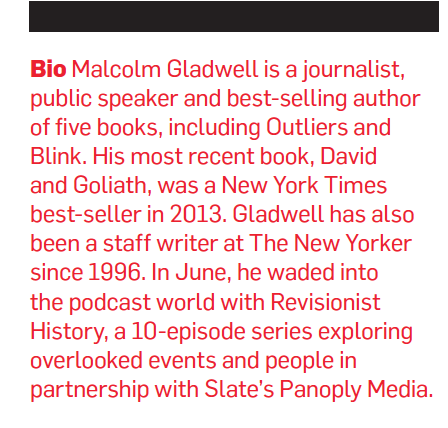


Part of what fascinates with me about Barry is how unusual and different he is from my own psychology. I don’t think of myself as a great risk-taker. I very carefully, right from the beginning, chose to associate with people whose values and behavior aligns with my own. That would certainly speed up the game.īG: Your position on what Drummond and Jordan should do is clear, but can you relate to the dilemma they’re facing? I like the idea that once you come out, you’re out. If you’re Andre Drummond or Dwight Howard and you knew you were never going to play in the last two minutes of a close game, you have incentive to become a better foul shooter.

Am I going to go all the way to the end with these guys or are you going to decide you can’t afford to play them? You put on the onus on the team with the bad foul shooters, they can’t sub them in and out. What if there were soccer-style substitutions in the last two minutes? Where, once you take a guy out you can’t put him back in. The value to himself, the desirability around the league, I think it makes everyone more tolerant of the experiment. It changes the way he’s defended and leads to other changes to his game that we can’t imagine. It’s not going to double the amount of money he makes. MG: If Andre Drummond or DeAndre Jordan is a 90% foul shooter, how does that change his market value? You could probably put a number on how much he adds to himself as a player. That would diminish the scrutiny that someone like Drummond felt he was under.īG: Should player agents or team executives be stressing economic arguments too? I think you’ve got to get a critical mass of players who try it. That team has some potential to be in the playoffs, right? If you had a team that was clearly going to be a cellar-dweller, you’d have more freedom to experiment. It would be even easier on a team that wasn’t going anywhere. If you gave company, it becomes a lot easier. I don’t know how many poor foul shooters there are on the Pistons, but imagine if you were the coach of the Pistons and you gave the players the choice: if you’re not shooting 75% from the line the conventional way, you’re going to have to try our experiment shooting a different way during the off-season and preseason. MG: The way to do it is to get other players on the team to try it. They’re standing out now for the worst possible reason: They’re incapable of doing fundamental and relatively straightforward basketball acts.īG: How can observers-Pistons executives, fans, media members-help Drummond lower his threshold and get over this mental hurdle? It’s not like the strategy they currently follow doesn’t have them standing out. When DeAndre Jordan gets yanked at the end of a playoff game, he’s the focus of everyone in the entire arena.
#Malcolm gladwell podcasts free free#
Malcolm Gladwell: I’m sure that’s part of the complicated psychology, except that you’re standing out even more when you’re missing free throws in crucial situations. Do you think the height of the players who are often poor foul shooters is a contributing factor? Disclosure: SI.com’s “Open Floor” NBA podcast, like Gladwell’s podcast, is affiliated with the Panoply Network.īen Golliver: You noted that granny style shooting is generally viewed as a “shameful” approach that, in the Chamberlain example, runs counter to a macho sensibility. The following has been edited for length and clarity. SI.com posed those and other NBA-related questions to Gladwell in a telephone interview on Tuesday. Should Drummond break through the stigma and groupthink to take the plunge on a better approach? How might the Pistons and his fans help his effort? And should the NBA reassess its entire approach to fouls? Much to Gladwell’s dismay, however, Chamberlain reverted to traditional foul shooting, his percentages predictably plunged again, and he later admitted that he felt “like a sissy” when he shot underhanded. The method, also called “granny style” shooting, was favored by Rick Barry, a career 89.3% free throw shooter, and it helped Chamberlain shoot a career-best 61% from the line in 1961–62, the same season he sank 28 of 32 free throws in his record-setting 100-point game. In the free throw shooting episode, released this week, Gladwell explores Wilt Chamberlain’s flirtation with the underhanded style. But, as always, there’s an underlying point to each of these far-flung mental journeys. That range of topics is as Gladwellian as it gets. In the first three episodes of “ Revisionist History,” a new podcast series, best-selling author Malcolm Gladwell tackles, in order, a 19th century painting, the Vietnam War, and underhanded free throw shooting.


 0 kommentar(er)
0 kommentar(er)
